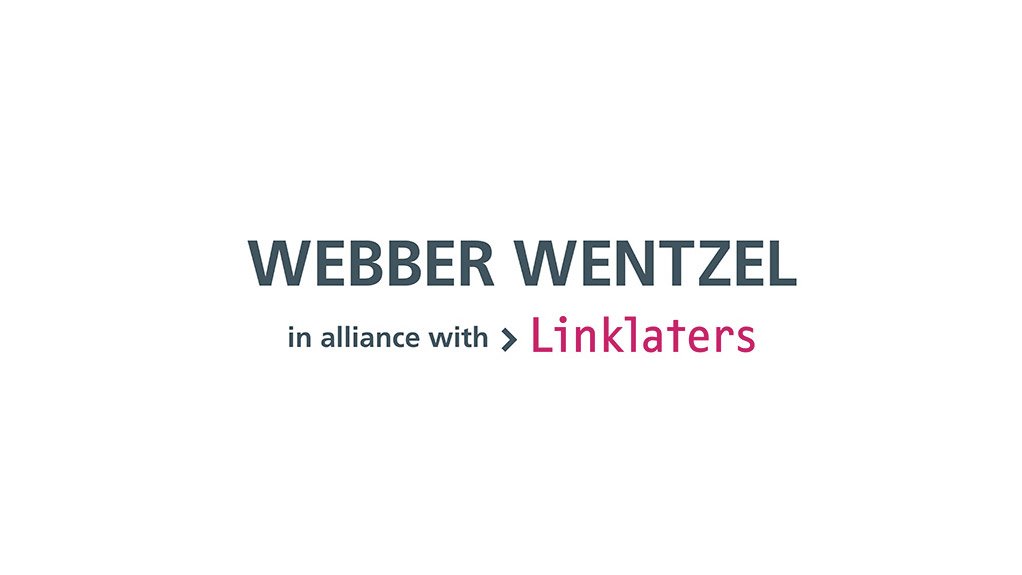Fraudulent activities, prevalent in both the private and public sector, pose significant challenges to organisations and their stakeholders. There has been a noticeable shift in employing different methods and tools (such as cutting-edge AI and data analytics) which are revolutionising fraud detection and prevention.
When one mentions artificial intelligence or AI, it often conjures images of complex, cutting-edge technology only accessible to the tech elites. However, the reality is quite different. AI has become increasingly accessible, user-friendly, and comprehensible for everyone to use.
AI is designed to reduce the risk of errors associated with human intervention in various processes in fraud detection and investigations. It is a tool that complements human abilities rather than replacing them. We are seeing an uptake in AI implementation in the marketplace, whereby for instance, the South African Revenue Service (SARS) has harnessed the power of AI and data analytics to recover a significant sum of over ZAR 89 billion from taxpayers in the past fiscal year. AI can effectively be applied locally and globally to tackle real-world challenges which are evolving daily.
Dispelling Misconceptions
In the South African labour market, concerns about AI often revolve around the fear of job displacement. Many believe that AI will lead to robots taking over jobs. However, this is a misconception. AI operates in the background as software, not as physical robots. It is a valuable tool for businesses to implement and use in establishing testing parameters, conducting transaction monitoring, and the most beneficial factor is that AI can perform these tasks on a mass scale. It can also adapt and learn from past incidents and false positives, saving time and resources for employees.
Proactive Detection with AI
Consider the example of a bank sending an SMS to a customer to verify recent transactions. While this might seem like a human intervention, it is actually AI at work. The bank uses AI to monitor transaction patterns and flag any deviations from the customer's typical behaviour. This early detection can prevent fraud, sparing customers from realising their accounts were compromised weeks or even months later. The AI system serves as a vigilant ally, not a replacement for human vigilance.
It is crucial to remember that AI is not a universal solution. It must be coupled with robust policies, regular testing, and continuous human oversight. The technology needs to be frequently updated to ensure it provides accurate and reliable insights. AI is just one of many tools in the fraud detection arsenal, not a stand-alone solution.
The Dual-Edged Sword of AI
AI's potential is not limited to the defence against fraud; it can also be wielded for perpetrating fraud on a massive scale. If malicious actors can employ AI for their nefarious purposes, it only makes sense for organisations to leverage AI to combat white-collar crime. The utility of AI extends beyond the fraud department and can benefit an entire organisation. It is a vital ally in the ongoing battle against fraudulent activities.
Preventing Fraud with Responsible AI Use
To effectively harness AI in the fight against fraud, organisations must take specific steps recommended by the ACFE. These include developing regulatory frameworks and guidelines for AI use, addressing ethical considerations, and implementing responsible AI practices. Strengthening existing cybersecurity measures and investing in fraud detection and prevention mechanisms are also critical components of a comprehensive anti-fraud strategy.
Managing the Risk of Fraud in the public sector
Fraudulent claims in the public sector have a significant impact on organisations and government agencies. In the case of the Unemployment Insurance Fund (UIF), fraudulent activities during the COVID-19 pandemic resulted in substantial losses, with the Special Investigating Unit (SIU) recovering about ZAR 1 billion by September 2023. Similarly, SASSA suffered potential losses of ZAR 50 million due to fraud over two years, with at least 40 officials implicated in suspected fraud cases. The SIU reported that fraudulent activities in social grants impacted both the public purse and the genuine beneficiaries.
Insurance companies, entities like the UIF and SASSA, and other organisations must proactively manage the risk of fraud. Prevention is key, as it is more cost-effective than investigating and addressing fraud after it has occurred. By implementing stringent internal controls, ensuring ethical conduct at all levels, and having clear accounting policies, organisations can reduce opportunities for fraud.
Detection tools, including predictive and prescriptive analytics, layered voice analysis software, and data validation, help identify suspicious trends and claims that warrant further investigations.
Recovery and Remedies
In cases of fraudulent activities, insurers and organisations have several remedies at their disposal. Forfeiture clauses within insurance policies can entitle insurers to repudiate or reject claims, as well as recover fraudulently obtained proceeds.
In criminal cases, the Prevention of Organised Crime Act (POCA) allows authorities to seize the proceeds of crime, taking the profit out of criminal activities. Civil claims for damages can be pursued when the claim amounts are significant, providing a means to recoup fraudulent payouts.
Fraud is an ever-present challenge in both the public and private sectors. However, with the right mix of advanced technology, proactive prevention, and robust policies, organisations can strengthen their defences against fraudulent activities. It is a dynamic battle, but with the right strategies and tools, the fight against fraud can be more effective than ever before.
It is important to emphasise that forensics is not only about responding to incidents but also about proactively developing controls within an organisation.
It is important to emphasise that forensics is not only about responding to incidents but also about proactively developing controls within an organisation.
Written by Lionel van Tonder, Director & Zelda Swanepoel, Partner from Webber Wentzel
EMAIL THIS ARTICLE SAVE THIS ARTICLE ARTICLE ENQUIRY
To subscribe email subscriptions@creamermedia.co.za or click here
To advertise email advertising@creamermedia.co.za or click here











